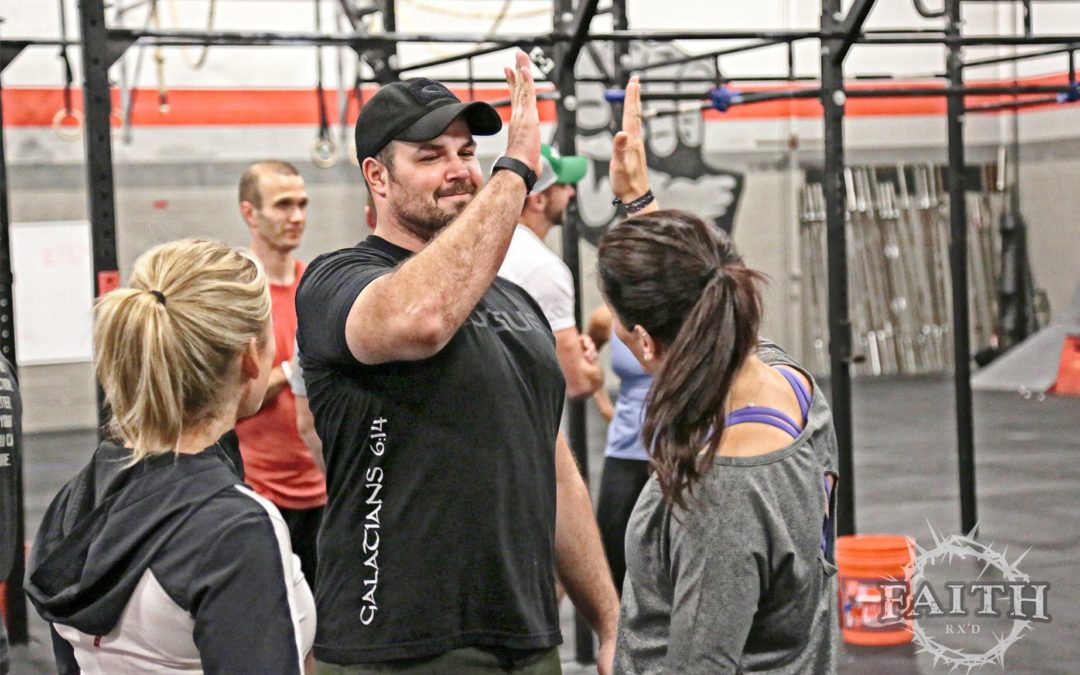“12 Not that I have already obtained this or am already perfect, but I press on to make it my own, because Christ Jesus has made me his own.13 Brothers, I do not consider that I have made it my own. But one thing I do: forgetting what lies behind and straining forward to what lies ahead, 14 I press on toward the goal for the prize of the upward call of God in Christ Jesus. 15 Let those of us who are mature think this way, and if in anything you think otherwise, God will reveal that also to you. 16 Only let us hold true to what we have attained.” – Philippians 3:12-16
Earlier this week I was asked a really interesting and encouraging question from a student. This student pulled me aside and asked me how he could grow in his faith. I was taken aback at first because the student talking to me is one of the more mature students in the school. I especially found it interesting that he felt as though he was behind in his growth in holiness. He asked the question as if holiness were a destination. He asked as if there were a certain amount of repetitions or certain amount of hours or activities or disciplines that he had to completed in order to “arrive” at what he perceived to be a strong relationship with Christ. He came to me looking for the magic list or the five principles that he could follow to be a really strong Christian really fast. I was incredibly encouraged by his desire to grow in his faith and even more encouraged that he felt comfortable enough to sit me down and asked me how to do it. However, I did have to bust his bubble.
The sanctification process is not one that has an endpoint short of the glorification that comes when we die or when Christ returns. There’s no specific moment in time when we reach “spiritual maturity” and are no longer in desperate need of growth. There’s not a score tally or a points total to look at as we grow in holiness as believers. In a self-made righteousness type of world this is a bit terrifying for many of us. No precise goals to complete with checkpoints to reach and a checklist to cross off? How can we get to the finish line?
The struggle is especially true of athletes. As athletes we measure, test, and track everything. We measure the speed of our 40 yard dash. We test the weight we can clean and jerk. We track our growth in all areas to see our progress. We all have certain goals in mind that we know if we can reach, will make us competitive in our sport. I know that if I can snatch 155kg and clean and jerk 195kg as a 77 kg lifter then I will be nationally competitive and potentially compete for an international spot. Those are tangible, written down, clear objectives for me to chase. For me that’s a finish line.
While the Christian faith does have some of those measurable objectives to complete, memorize X amount of scriptures in a year, read the entire Bible in a year, etc., there’s no exact finish line by which we are able to pat ourselves on the back and hang a gold medal around our necks. The process of sanctification and growth in holiness is a process that will continue for the entirety of our lives. There is no final check point short of glorification.
In Philippians 3, Paul gives us a little insight into how our “performance” is both critical to our growth in the Lord but also not critical at all. If you read the beginning of Philippians 3 you see that Paul lists an incredible resume. Paul he’s done everything there is to do to be the best, from being a member of the best tribe to having the best family, and he had the most religious clout. Immediately following that statement he says all of that means nothing. His work, his resume, and his accolades he “counts as loss” for the sake of Christ. Philippians 2 says in no uncertain terms that everything he did and his performance and all of his obvious accolades mean nothing in light of who Jesus is. He makes a very bold statement here. He says that our work and our performance gain us nothing. If Paul had ended the chapter at verse 11 I would’ve walked away from Philippians 3 with this idea that I should just lean on grace, lean on the cross, and never do anything because anything I do is rubbish.
But then he says in verse 12 that because Christ has done such a great work for him and has saved him, then Christ gets the glory and Christ get the honor and it is Christ that deserves to be praised AS HE PRESSES ON. Don’t miss that last part. He presses on. He works hard to make himself holy. He does things with intentionality that will help him progress in holiness. He doesn’t just leave it at one verse. He admits that he has not achieved holiness or perfection and also admits that his past life probably did not help that. Therefore, he forgets what is behind him and strains forward toward the goal of Christ. That word “strains” does not imply a sense of laziness or a lack of work ethic, but instead gives us the impression that Paul is working hard in grace-filled effort to achieve the holiness of God. This is the noted pattern of the end of Philippians 3. Pressing and straining towards the goal of Christ.
Paul doesn’t sit in his room and pray really hard and then just expect God to do everything for him. He doesn’t give us that allowance or liberty. Paul consistently reminds us that it is in fact God’s work in us that molds us into more holy men and women, and that it is the grace of Christ that motivates us. However, he also gives us a calling to work. Work hard at our growth and progression of holiness, knowing that God is gracious and will see our work and cause maturity.
The Bible gives us a very clear answer when we struggle with whether we are growing in our faith. Lean on Christ and His cross, trusting that God alone is our identity and that any work-centered philosophy will fail to bring us contentment or joy. The Bible also doesn’t let us off the hook. It is our responsibility and honor to pursue Christ with our lives and our effort. That pursuit brings about holiness and maturity.









Brian Bachman
Excellent article; thank you!!
Would you also say that you’ll see more of the fruit of the Spirit (love, joy, etc) as you grow?
Absolutely! Those fruits should be the mark of growing maturity.
Awesome!